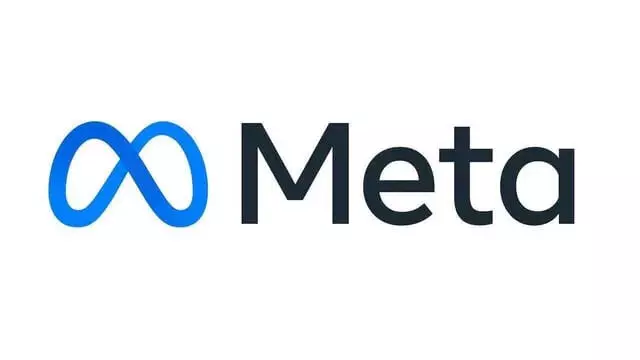Meta, the parent company of Facebook and Instagram, enacts a fresh wave of restrictions around political ads on its platforms. Originally set to end on November 6, Meta’s ban on new political ads will now stretch further into the week to prevent the spread of misinformation post-election without enough time for checks. Meanwhile, Meta is also leveraging AI to identify users who may have misrepresented their age on Instagram — a new safety check that protects underage users.
What’s Happening & Why This Matters
Political Ad Ban Extended

Meta’s political ad restrictions block all new political ads starting the week before the U.S. election. Any ad related to social issues, politics, or elections posted before October 29 that cleared Meta’s review is allowed to stay active, but cannot be altered significantly. Advertisers can still manage schedules, budgets, and bids, but they won’t be able to tweak the target audience or remove “paid for” disclaimers. Google enforces similar ad pauses until the polls close, but allows government information campaigns essential to the election process.
Meta explains the extension as a step to reduce the potential influence of unverified claims in the heated post-election period. The extra ban time is intended to keep fresh misinformation out of view, as there may not be enough time to fact-check last-minute political ads.
AI Age Detection for Teen Safety
Amid increasing concerns over the safety of minors on social media, Meta is bolstering protections for teen users on Instagram by deploying an “adult classifier” AI. This tool analyzes user behavior, from the types of posts they engage with to follower patterns, to determine if a user’s stated age is accurate. Accounts suspected of belonging to underage users will be restricted or transitioned into “teen” accounts, where additional security measures are in place.

The AI also analyzes common signals, like celebratory birthday posts from friends, to estimate the user’s age. Those under 18 are assigned to an Instagram teen account, which limits messaging from strangers and restricts certain types of content. Users 16 or 17 can control their settings independently, while younger users need parental assistance to adjust settings. Meta allows users to confirm their age by submitting government-issued IDs or a video selfie through Yoti’s verification technology.
This feature emerges amid a legal battle, as Meta faces accusations from 33 Attorneys General claiming that its platform’s design harms minors by fostering addiction and risking mental health.

TF Summary: What’s Next
Meta’s dual approach tackles misinformation and user safety, simultaneously, as its social media platforms’ attempt to support free expression with protective policies. The extended political ad ban indicates Meta’s insistence on minimizing political influence immediately after U.S. Election Day. Instagram’s AI age detection tool is an affirmation of long-standing concerns regarding minors’ well-being online. In recent months, Meta quickened policy implementations for better safeguards as public scrutiny of social media intensifies.
The effectiveness of the ad ban and age verification should be evident quickly and publicly. As will subsequent actions Meta takes to protect digital communities.
— Text-to-Speech (TTS) provided by gspeech


